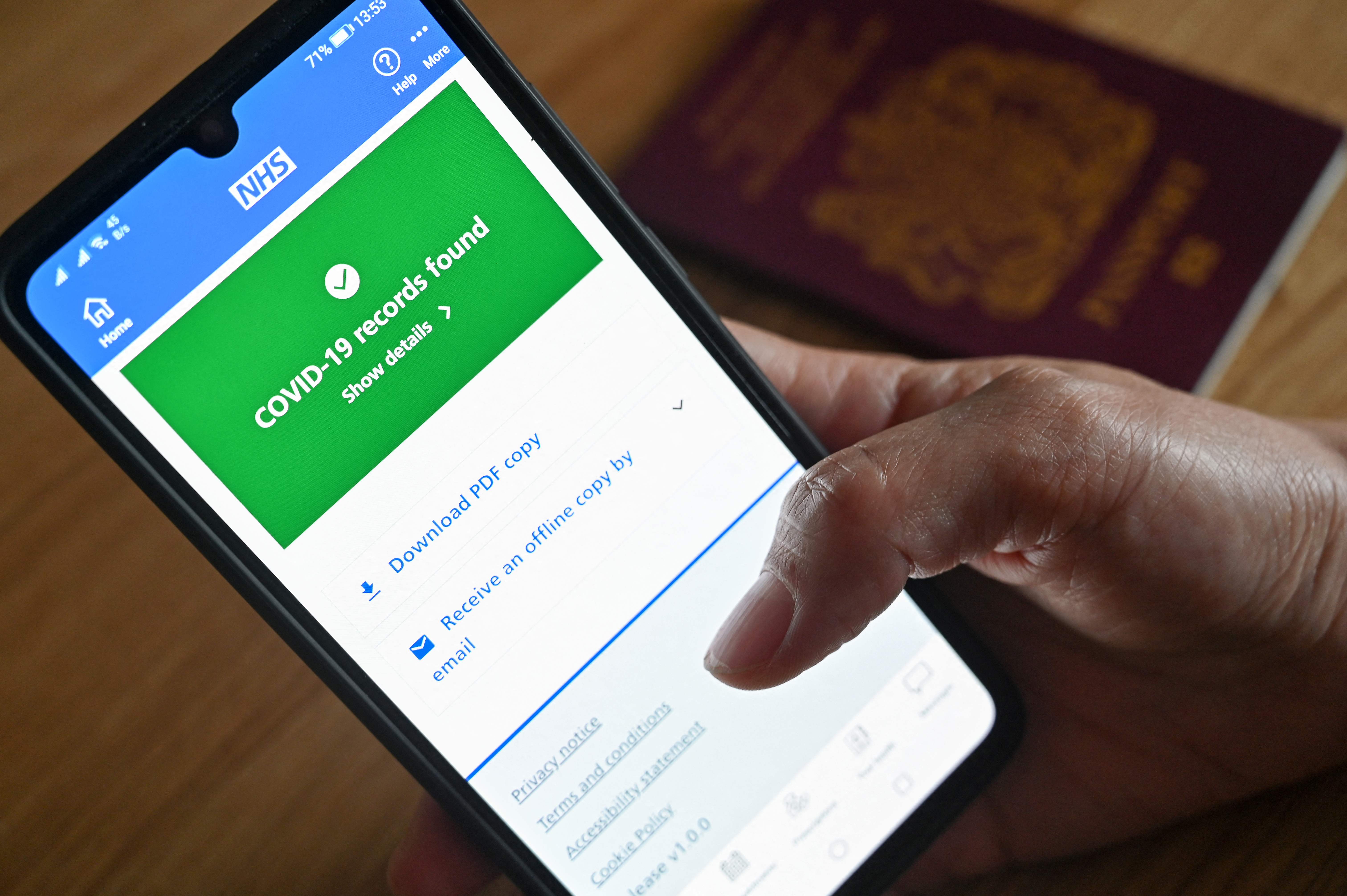The government’s inconsistent coronavirus messaging is undermining public confidence
Editorial: It’s the new health secretary’s job to steady the erratic course of policymaking over the coming weeks

Not for the first time, the government appears to be making up coronavirus policy from day to day. It is now four days since Sajid Javid, the new health secretary, said that the number of new infections could rise to 100,000 a day, and yet we still have no answers to the questions asked by Sir Keir Starmer, the Labour leader, in the House of Commons on Wednesday.
The key question was how many people the prime minister expects will be asked to isolate if infections continue to rise. Instead of giving an answer, the government has tried to change the question. It has talked about making the NHS app less sensitive so that it detects fewer contacts, and it is looking at an opt-out that would allow NHS staff to ignore app alerts.
It may be that these changes would be justifiable if the protection afforded by vaccines were good enough. But the problem is that other decisions the government is making point in the opposite direction. Mr Javid has announced that some restrictions will, after all, continue after 19 July. Fully vaccinated people will have to wait until 16 August before they can drop the requirement to isolate themselves if they come into contact with someone with a positive test.
It looks as if dropping this requirement early for NHS staff is driven by intense pressure on the health service rather than it being the best strategy for controlling the virus.
Of course, these are difficult decisions for ministers, in which they have to balance various sub-optimal choices, but they would command more public confidence if they were better able to explain their reasoning and what is behind it.
Given the nervousness of public opinion about the relaxation of most remaining restrictions on 19 July, it would make more sense, even at this late stage, for the government to continue to make face coverings compulsory on public transport and in shops for a little longer. It is hardly a major inconvenience, and it would provide some reassurance.
Instead, ministers have allowed speculation to run wild about a quite different U-turn: on vaccine passports for pubs and restaurants. They are said to be attracted to the idea because they are worried about relatively low vaccine take-up among young people, and ministers see the passports as a way of encouraging them to get the vaccine. Again, this seems a little like trying to solve one problem by creating others. The government quite rightly abandoned the idea of domestic vaccine passports, because they would make life difficult for people and businesses for no clear gain.
If the prime minister is indeed like a shopping trolley with a wonky wheel, veering from side to side, it is up to his new health secretary to secure his own reputation by steadying the erratic course of government policy. Mr Javid needs to be clearer about what the policy is, and more transparent about the assumptions on which it is based.



Join our commenting forum
Join thought-provoking conversations, follow other Independent readers and see their replies
Comments